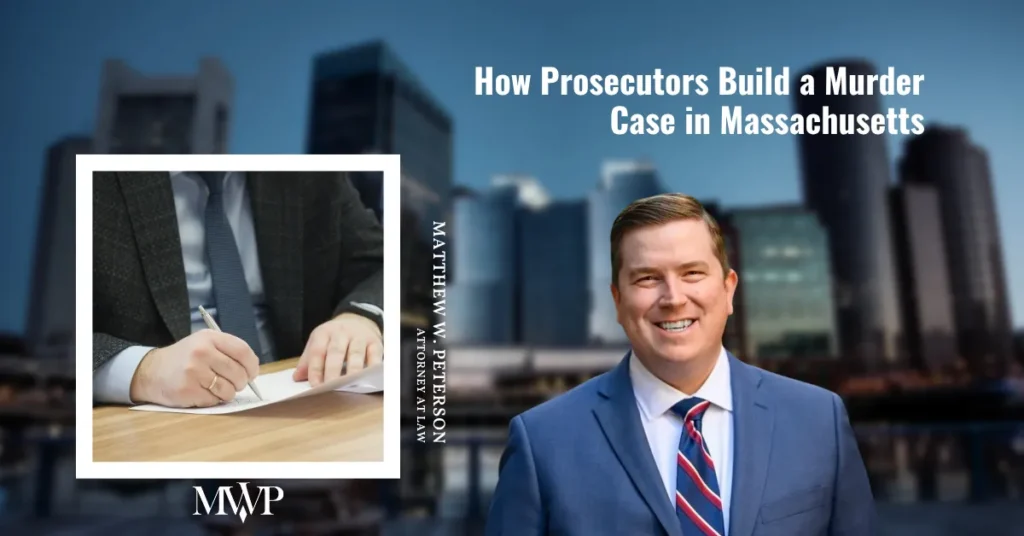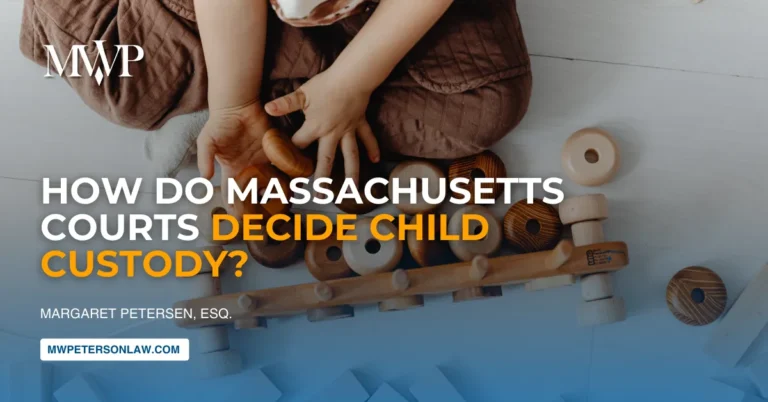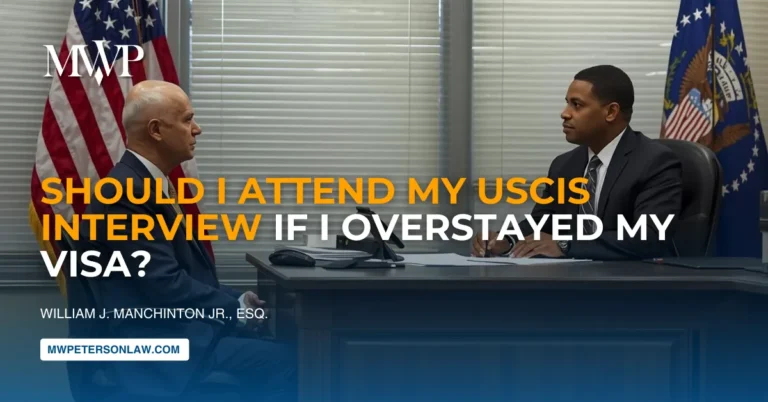Facing a murder charge in Massachusetts is life-altering—and the Commonwealth’s prosecutors know it. From the moment a death is reported, police and the District Attorney’s office coordinate a meticulous, step-by-step plan to prove unlawful killing with malice aforethought beyond a reasonable doubt.
This article explains how prosecutors build a murder case in Massachusetts, including how that plan unfolds, what evidence matters most, and when the prosecution’s case is at its strongest—or most vulnerable. Nothing here is legal advice; if you or a loved one is under investigation, speak with an experienced Boston criminal defense attorney immediately.
Crime-Scene Control and the First 48 Hours
Evidence preservation: Detectives secure the scene, photograph, map, and collect physical evidence (shell casings, weapons, fingerprints, trace DNA, blood-spatter, shoe impressions).
Medical Examiner partnership: Time-of-death estimates, trajectory analysis, and toxicology reports begin almost immediately.
Initial interviews: First-responder body-camera footage, 911 calls, and statements given while memories are fresh often become the backbone of later testimony.
Pinning Down the Legal Elements
Under G. L. c. 265, § 1, prosecutors must prove an unlawful killing plus malice aforethought. They then classify the homicide:
Degree | Required Theory of Liability | Maximum Penalty |
1. Deliberate premeditation 2. Extreme atrocity or cruelty | Life without parole | |
All other murders involving malice | Life with parole |
The chosen theory drives everything that follows, from grand-jury questions to jury instructions at trial.
Building the Evidentiary Record
- Forensic science: DNA mixtures, latent prints, ballistics, gunshot-residue tests, cell-tower dumps, and digital forensics (phones, social-media, cloud-backups).
- Documentary proof: Surveillance video, license-plate readers, EZ-Pass records, GPS pings, ride-share logs.
- Witness statements: Eyewitnesses, accomplice cooperators, and “jailhouse informants.” Prosecutors will lock testimony in early through recorded interviews, sworn statements, and grand-jury subpoenas.
- Motive evidence: Prior threats, text messages, life-insurance policies, gang rivalries, or domestic-violence history can all paint a narrative of intent.
The Grand Jury: From Suspicion to Indictment
Every Massachusetts murder is indicted in Superior Court. Proceedings are secret; prosecutors present witnesses, forensic specialists, and physical exhibits until probable cause is established. A true bill triggers an arrest warrant or binds a defendant already in custody for trial.
Pre-Trial Motions and Discovery Warfare
- Rule 14 discovery forces early disclosure of police reports, expert opinions, and exculpatory (Brady) material.
- Suppression hearings challenge search warrants, cell-site orders, custodial interrogations, and ID procedures.
- Well-drafted motions can gut a signature piece of evidence before jurors ever hear it.
Negotiations vs. Trial Preparation
Even homicide cases settle. Strength of evidence, input from the victim’s family, and the risk of an acquittal shape plea offers (e.g., second-degree, manslaughter, time-served). If no deal emerges, prosecutors refine:
- Jury panel research and voir dire themes
- Visual storytelling — timelines, maps, 3-D reconstructions
- Expert-witness choreography to translate complex science into plain English
Common Hurdles for the Commonwealth
Challenge | Why It Matters | Possible Defense Attack |
Chain of custody gaps | Breaks in Evidence handling hurt the credibility | Demand lab logs, photo logs, and interview each custodian |
Reluctant or recanting witness | Fear, bias, or media attention can erode testimony | Prior-inconsistents-statement impeachment |
Evolving Forensic Standards | New studies may undermine once-accepted methods (e.g, bite marks, GSR) | File Daubert motion: call rival experts |
Constitutional Protections | Miranda, Sixth Amendment, Fourth Amendment issues can suppress key proof |
Why Early Defense Intervention Matters
Prosecutors begin assembling their case the moment detectives arrive. Delaying your own investigation risks:
- Loss of surveillance footage (most systems overwrite within 30 days)
- Witness memories fading or being shaped by repeated police interviews
- Missing the window to challenge flawed search warrants before the grand jury
An experienced defense team levels the playing field through its own experts, investigators, and targeted motion practice.
Closing Thoughts On How Prosecutors Build a Murder Case in Massachusetts
The Commonwealth’s approach is systematic: gather irrefutable science, lock in witness accounts, secure an indictment, and craft a compelling narrative for jurors. Understanding that roadmap is the first step in mounting an effective defense. If you or a loved one faces a murder charge, don’t wait. The prosecution has already started building their case. If you’re facing murder or homicide charges in Massachusetts, contact the Law Office of Matthew W. Peterson immediately at 617-295-7500 to set up a strategy session.
Frequently Asked Questions
Q: What’s the difference between first- and second-degree murder?
A: First-degree requires proof of deliberate premeditation, extreme atrocity/cruelty, or felony-murder. Second-degree covers all other intentional killings with malice. The penalty gap is life without versus life with parole eligibility.
Q: Do prosecutors have to reveal every piece of evidence before trial?
A: Yes. Rule 14 and constitutional Brady obligations require disclosure of all material, exculpatory, and intended trial evidence. Failure can lead to sanctions or dismissal.
Q: How long does a murder case take to reach trial in Massachusetts?
A: Complex homicides often run 18–30 months from indictment to jury selection due to forensic testing backlogs and extensive motion practice.
Q: Can a murder charge be reduced before trial?
A: Possible. If new evidence undercuts intent or malice, the DA may accept pleas to manslaughter or second-degree, especially when victim families consent.
Q: Are all murder cases tried by jury?
A: Nearly all. Defendants may waive a jury for a bench trial, but prosecutors cannot. Bench trials in murder are exceedingly rare.











